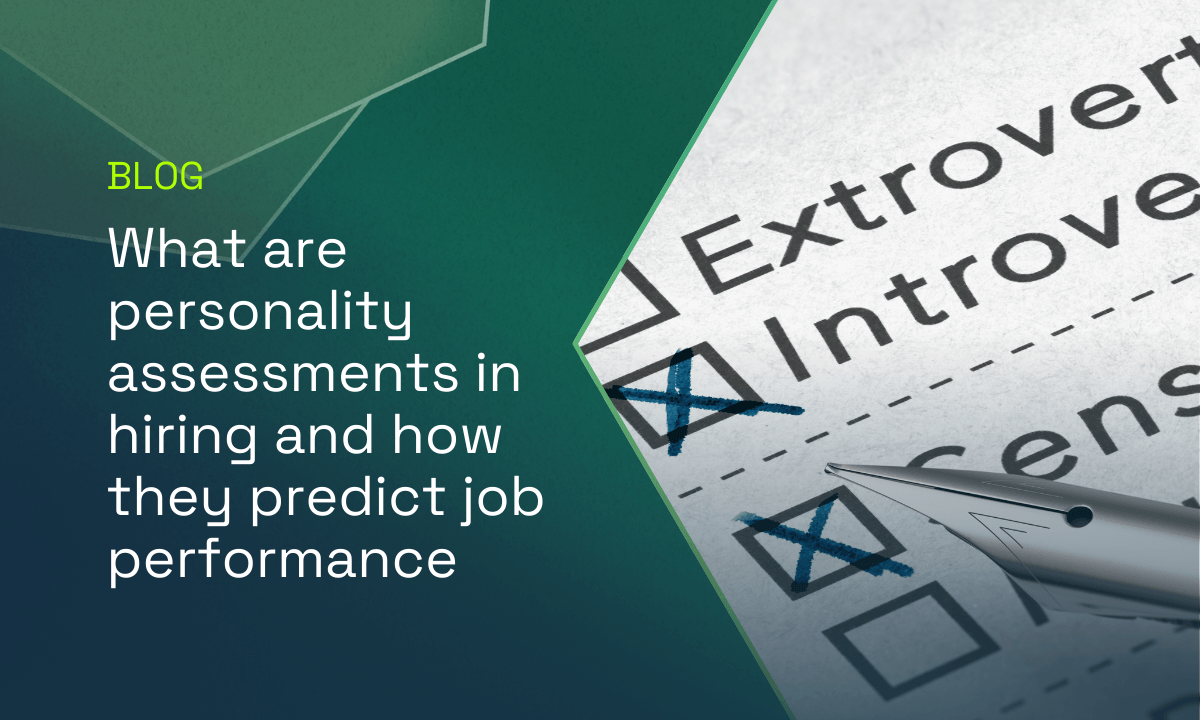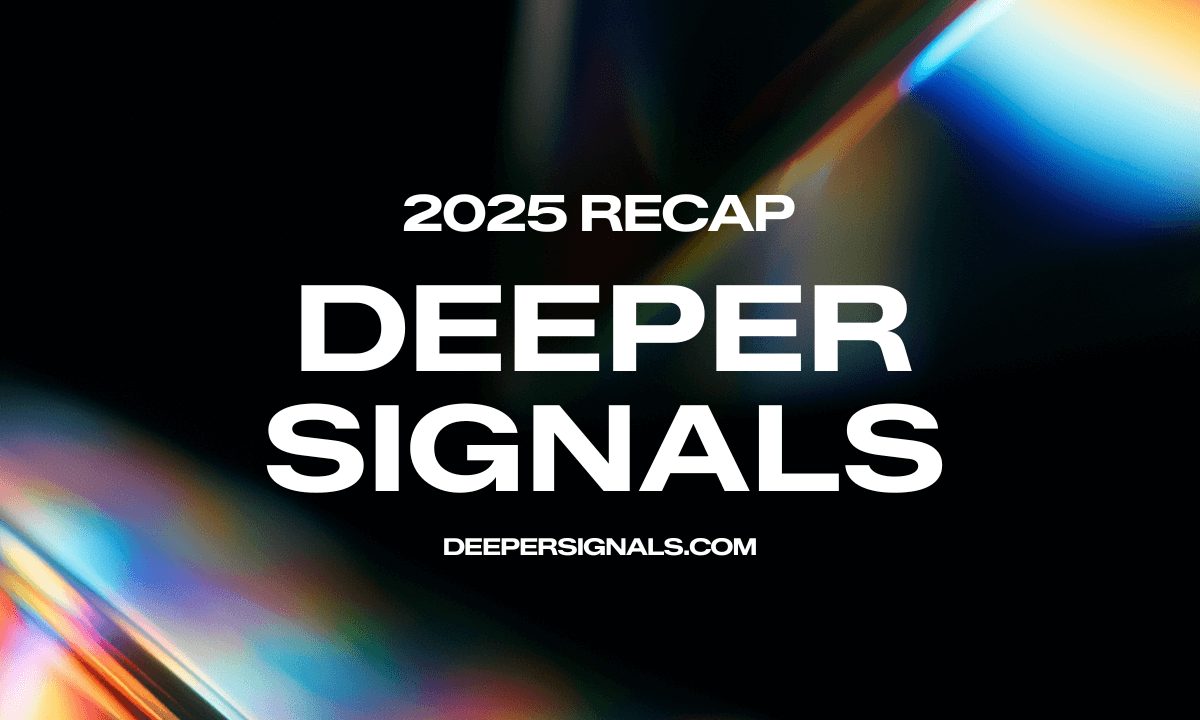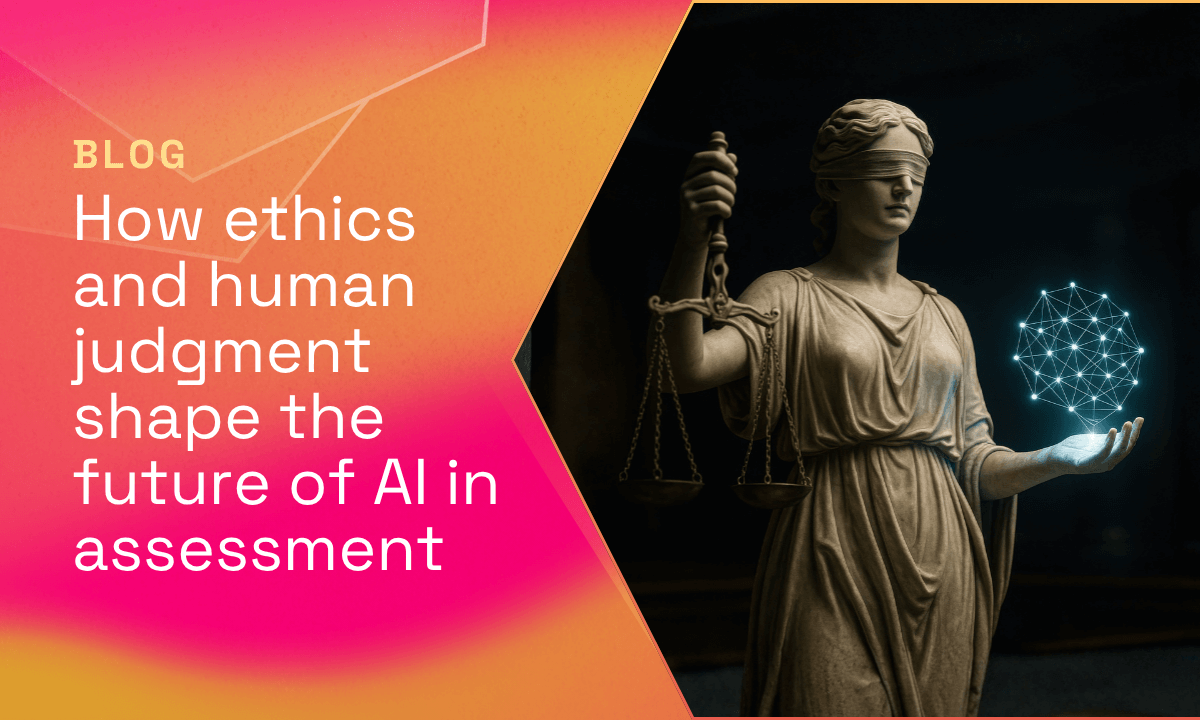Why is self-awareness important in L&D strategies?
Today, success at work isn't just about skills or expertise; it's also about understanding ourselves and how others see us. Companies that are good at this—self-aware companies—tend to do better than others. This prompts a crucial question: How can organizations foster and embed self-awareness as a foundational element within their learning and development (L&D) strategies?

What Does Self-Awareness Entail?
Self-awareness encompasses a deep comprehension of one's strengths, limitations, and how others perceive them in different situations. In organizational contexts, self-awareness isn't just a perk; it's crucial for effective leadership. Leaders who understand how their actions affect others build high-performing teams and make way for organizational success. However, achieving this level of awareness comes with hurdles.
Ego often clouds our judgment, making genuine self-assessment difficult. Moreover, the reluctance to give or receive honest feedback complicates the journey to self-awareness. Yet, ignoring these challenges can have serious consequences. Leaders who lack self-awareness jeopardize team dynamics, productivity, and overall organizational performance.
4 Tips to Cultivating Self-Awareness in your L&D Practices
- Leverage Professional Coaching: Engage the support of a certified coach specializing in strategic self-awareness, such as those certified by Deeper Signals. They can assist employees in interpreting assessment results and applying them to their development goals. By linking Core Drives and Core Values to individual professional contexts, certified coaches can provide actionable growth strategies tailored to each employee's unique circumstances. This personalized approach ensures that self-awareness is acknowledged and actively utilized to drive talent development.
- Focus on Behavioral Adjustments: Effective development often hinges on making small yet impactful changes in daily behavior. Tools like the Deeper Signals Core Drivers Diagnostic aid coaches and managers in identifying employee strengths, areas for improvement, and growth strategies. By incorporating learner journeys and Dynamo, managing employee behavior becomes more straightforward, with actionable tips leading to positive, long-term effects such as building trust and enhancing team relationships. This focus on behavioral adjustments fosters self-awareness by encouraging individuals to reflect on their actions and adapt accordingly.
- Prioritize Feedback Using Tools: Feedback is a cornerstone for refining talent development goals. It enables individuals to leverage their strengths, address areas of improvement, and adjust behavior accordingly. Certified executive coaches, equipped with personality data from tools like Deeper Signals personality assessments, can employ effective techniques such as the Stop-Start-Continue method or Feedforward technique to deliver valuable feedback. This feedback loop, facilitated by skilled coaches, ensures continual growth and improvement aligned with self-awareness goals. By incorporating feedback mechanisms into L&D strategies, organizations can foster a culture of self-reflection and continuous improvement.
- Cultivate Open Communication: Encouraging open communication about development efforts and progress is essential. Transparency and honesty create a culture of continuous improvement where individuals feel empowered to share their challenges and successes. By creating a supportive environment for dialogue, organizations can facilitate meaningful exchanges of feedback and accountability. This open communication fosters self-awareness by encouraging individuals to reflect on their actions, solicit input from others, and make necessary adjustments. Integrating open communication practices into L&D strategies promotes self-awareness as a fundamental component of organizational growth and success.





























